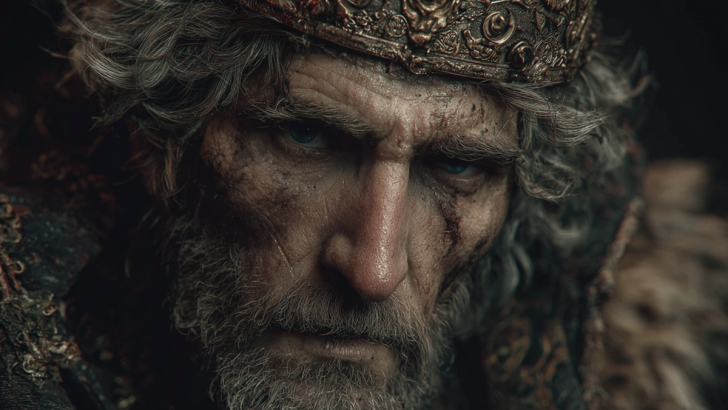Throughout the centuries, powerful rulers have looked beyond the physical world for guidance and strength.
Kings and emperors from different lands believed in magic, spirits, and divine forces that could shape their destiny.
These fascinating leaders consulted fortune-tellers, practiced ancient rituals, and sometimes claimed they possessed supernatural powers themselves.
Jiajing Emperor of China
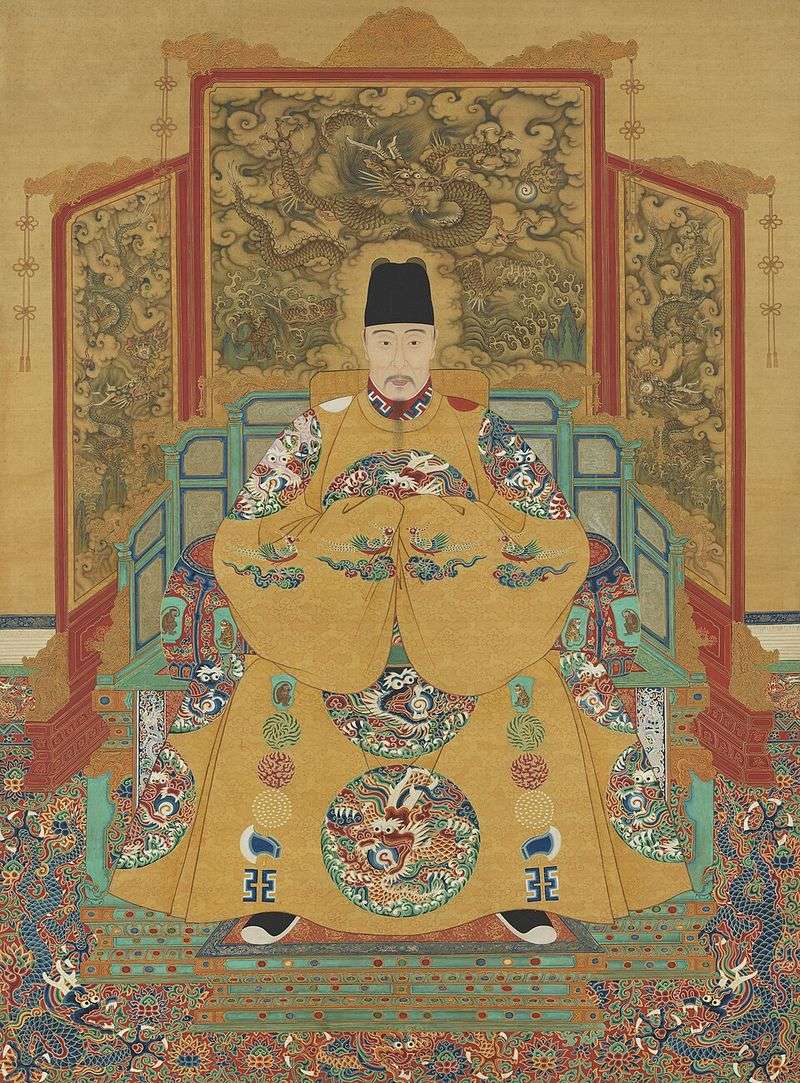
Obsessed with living forever, the Jiajing Emperor spent much of his reign chasing immortality through Taoist magic. He ruled China from 1521 to 1567 and built an entire complex of temples dedicated to Taoist beliefs in the West Park. His advisors were often Taoist priests who promised him secret formulas and elixirs that could extend his life.
The emperor neglected important government duties while he focused on spiritual practices. He performed elaborate rituals and ceremonies, hoping the gods would grant him eternal youth. His quest for immortality became so intense that it affected how he ran the entire Ming dynasty, leaving a strange mark on Chinese history.
Tsar Nicholas II of Russia
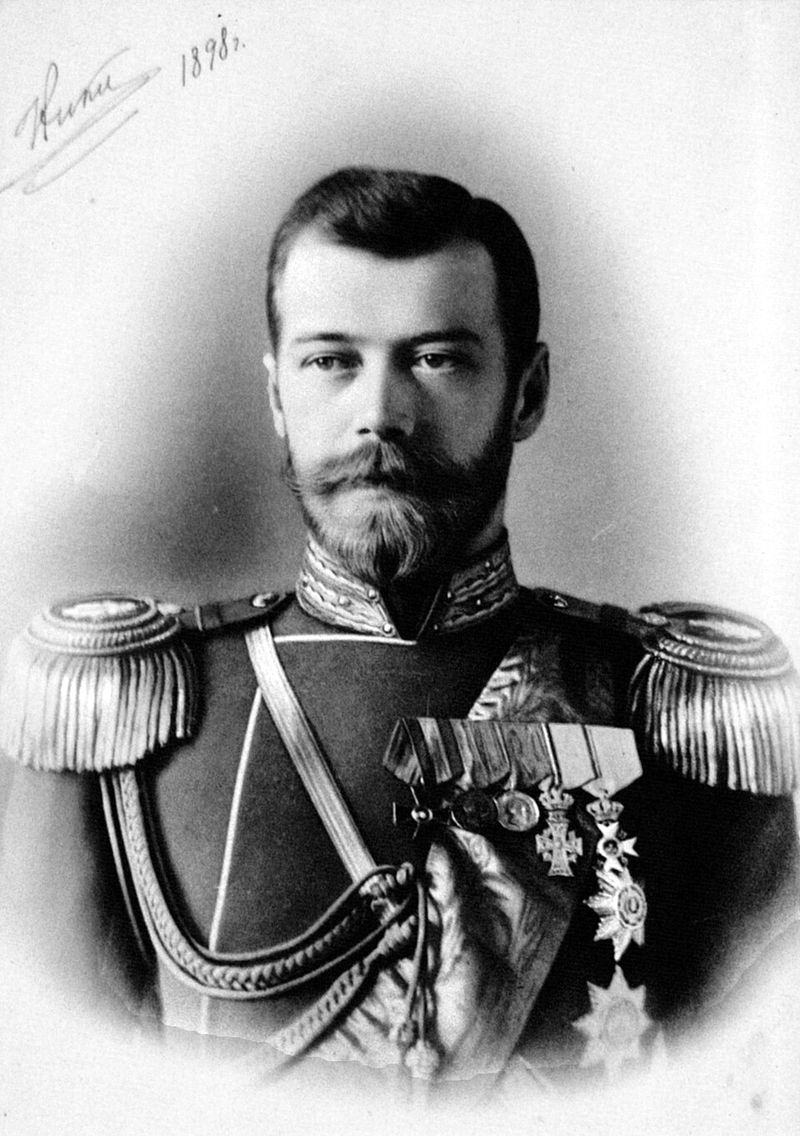
When your son is dying and doctors cannot help, where do you turn? Tsar Nicholas II and his wife Alexandra turned to Grigori Rasputin, a mysterious mystic with piercing eyes and wild hair. Their son Alexei suffered from hemophilia, a dangerous bleeding disorder, and Rasputin seemed to ease the boy’s pain through prayers and strange healing methods.
The royal family believed Rasputin possessed divine healing powers sent by God. Alexandra especially trusted him completely, giving the wandering holy man enormous influence over royal decisions. This faith in supernatural healing would eventually contribute to the downfall of the Russian monarchy during the revolutionary period.
Ancient Egyptian Pharaohs
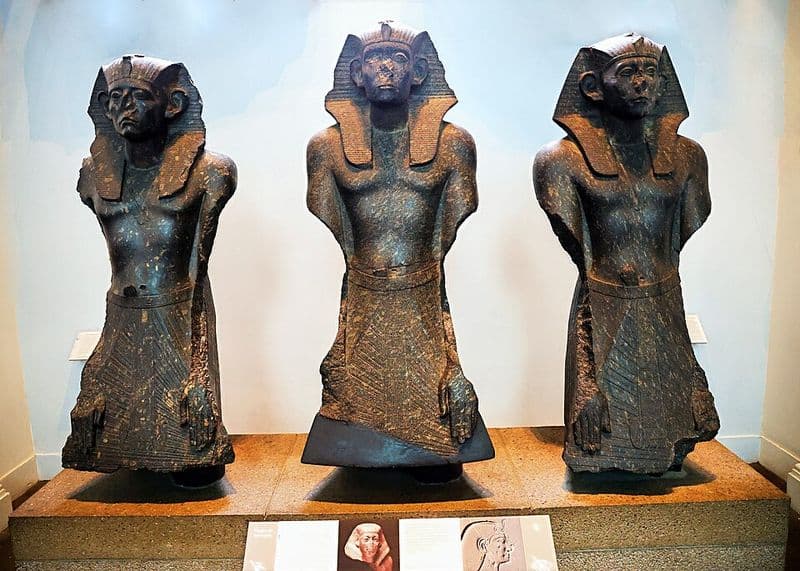
Imagine believing your king is actually a god walking among humans! Ancient Egyptian pharaohs were considered living deities, direct descendants of powerful gods like Ra and Horus. Every action they took was thought to maintain cosmic balance and keep the universe functioning properly.
These divine rulers performed sacred rituals to ensure the Nile River flooded at the right time and crops grew abundantly. Common people believed pharaohs could communicate with gods and control natural forces through supernatural power. This divine kingship concept lasted for over three thousand years, making it one of history’s longest-lasting beliefs in royal supernatural authority.
Shang Dynasty Kings
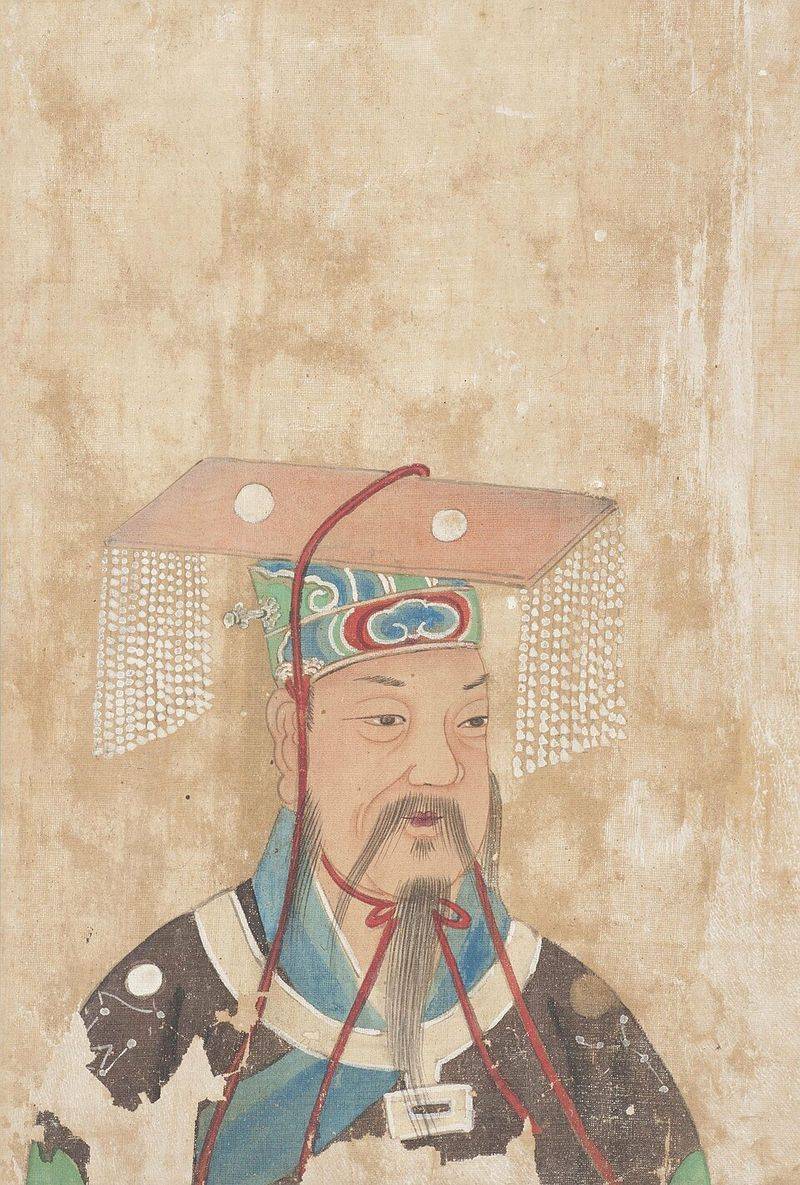
Burning bones to read the future sounds crazy today, but Shang Dynasty kings treated it like science. These ancient Chinese rulers, who lived around 1600 to 1046 BCE, used oracle bones—usually turtle shells or animal bones—to communicate with their dead ancestors and gods. They would carve questions into the bones, heat them until they cracked, then interpret the crack patterns as divine answers.
Royal ancestors were believed to have godlike powers that could influence everything from weather to warfare. Kings held elaborate ceremonies with sacrifices to keep these ancestral spirits happy and cooperative. This supernatural belief system was central to how they governed their kingdom.
Emperor Nero of Rome
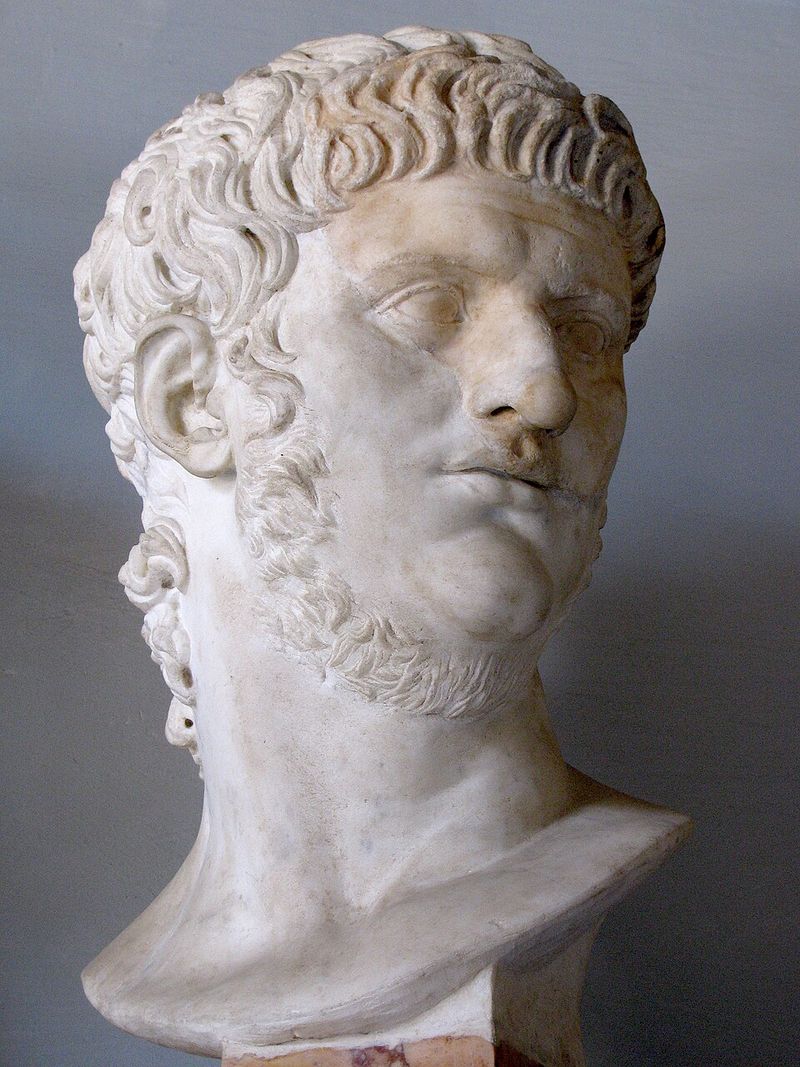
Famous for allegedly fiddling while Rome burned, Nero also dabbled heavily in magic and fortune-telling. After assassinating his mother Agrippina, the guilt-stricken emperor became convinced her ghost haunted him constantly. He desperately consulted magicians and priests who performed rituals to ward off her vengeful spirit.
Nero believed in prophecies and omens so strongly that they influenced his political decisions. He surrounded himself with astrologers who predicted his future and advised him on the best days for important events. His paranoia and supernatural beliefs grew worse over time, contributing to his increasingly erratic and cruel behavior as Rome’s emperor.
Emperor Qin Shi Huang
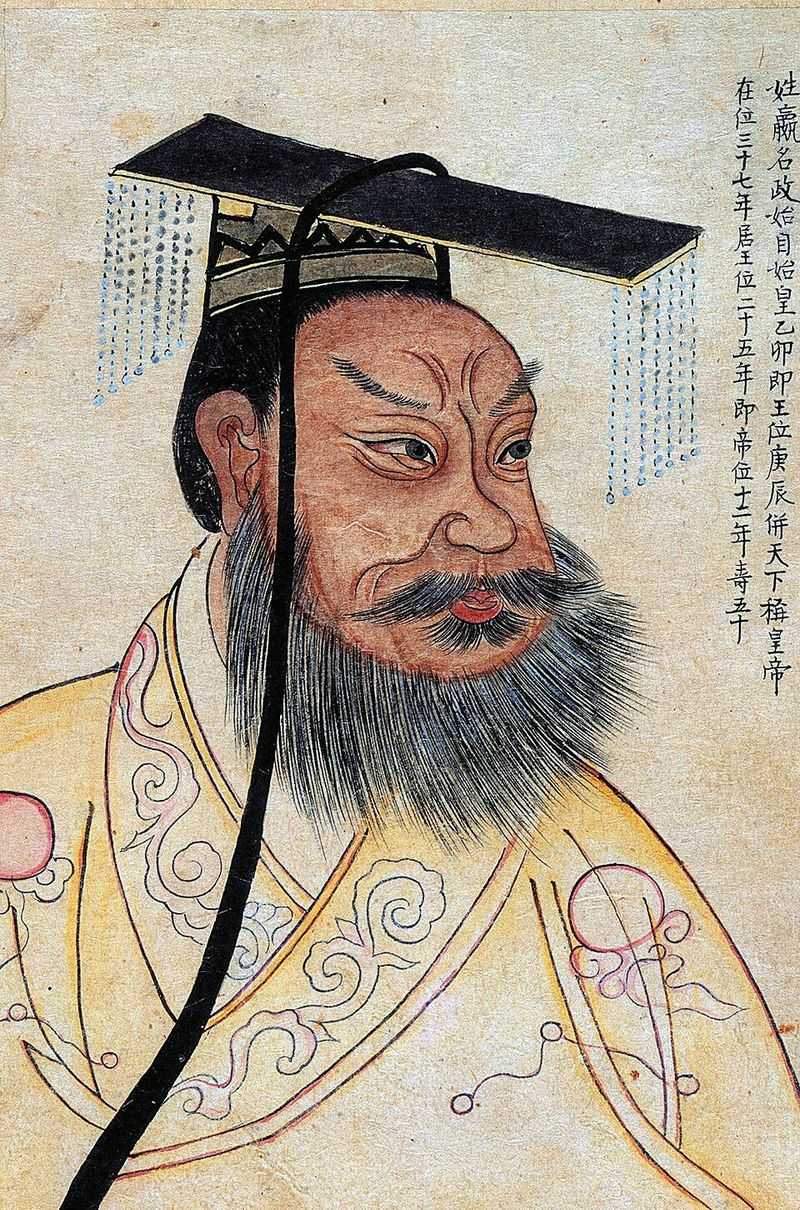
Building the Great Wall and creating the Terracotta Army weren’t enough for China’s first emperor—Qin Shi Huang wanted to conquer death itself. He became increasingly obsessed with finding the legendary elixir of immortality as he grew older. The emperor sent expeditions across dangerous seas searching for magical islands where immortals supposedly lived.
Alchemists created special mercury-based potions they claimed would grant eternal life, and Qin Shi Huang consumed them regularly. Ironically, these toxic mercury drinks likely poisoned him and shortened his life instead of extending it. His desperate supernatural quest ended with his death at age forty-nine, proving that even emperors cannot escape mortality through magic.
King Henry VI of England
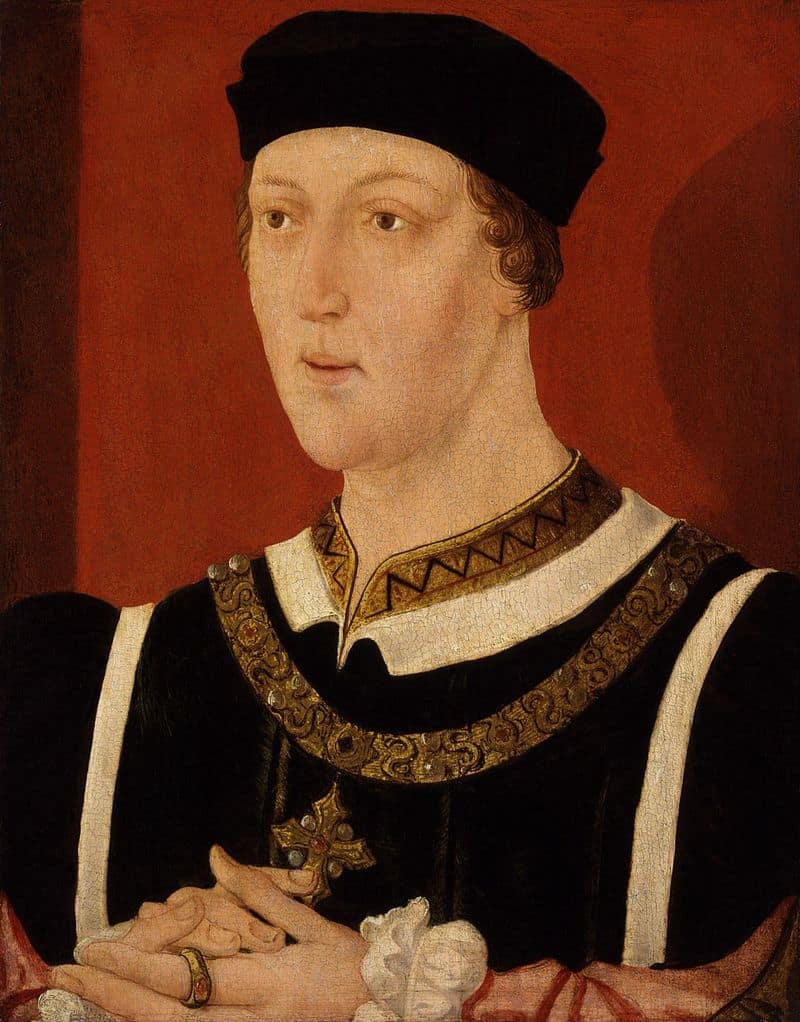
Unlike warlike kings who believed in battle magic, Henry VI was known for his intense religious devotion and reports of miraculous healings. People claimed he could cure diseases through touch and prayer, similar to other medieval kings who supposedly possessed divine healing powers. Pilgrims visited his tomb hoping for supernatural cures long after his death.
Henry experienced visions and religious ecstasies that sometimes left him catatonic for months. Some historians believe he suffered from mental illness, while others thought he possessed genuine prophetic abilities. His subjects viewed these episodes as signs of his special connection to God, making him a holy figure despite being a weak political leader.
Emperor Rudolf II
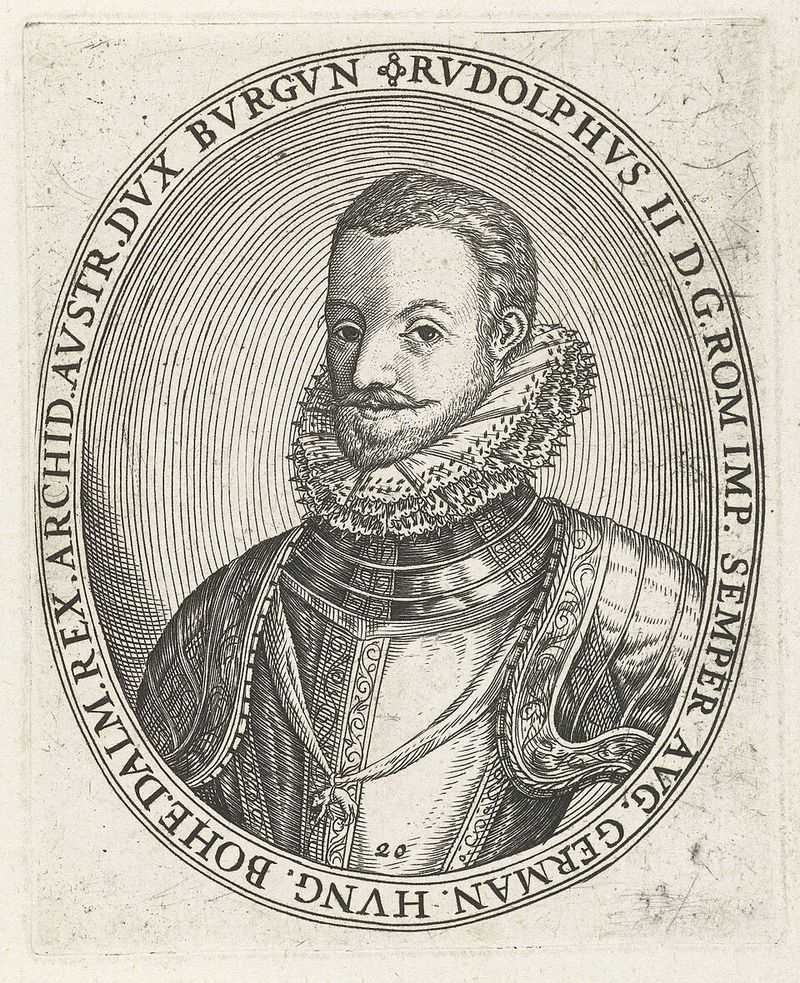
Prague became Europe’s supernatural capital under Emperor Rudolf II, who transformed his castle into a wonderland of magic, alchemy, and occult studies. Ruling from 1576 to 1612, Rudolf invited astrologers, alchemists, and mystics from across Europe to his court. He believed they could unlock nature’s deepest secrets and perhaps even create gold from common metals.
The emperor collected strange objects like unicorn horns, dragon blood, and magical stones in his famous Kunstkammer. He spent more time in his laboratory than his throne room, personally conducting alchemical experiments. While his obsession with the supernatural made him a poor politician, it helped make Prague a center for Renaissance science and mysticism.
King James I of England
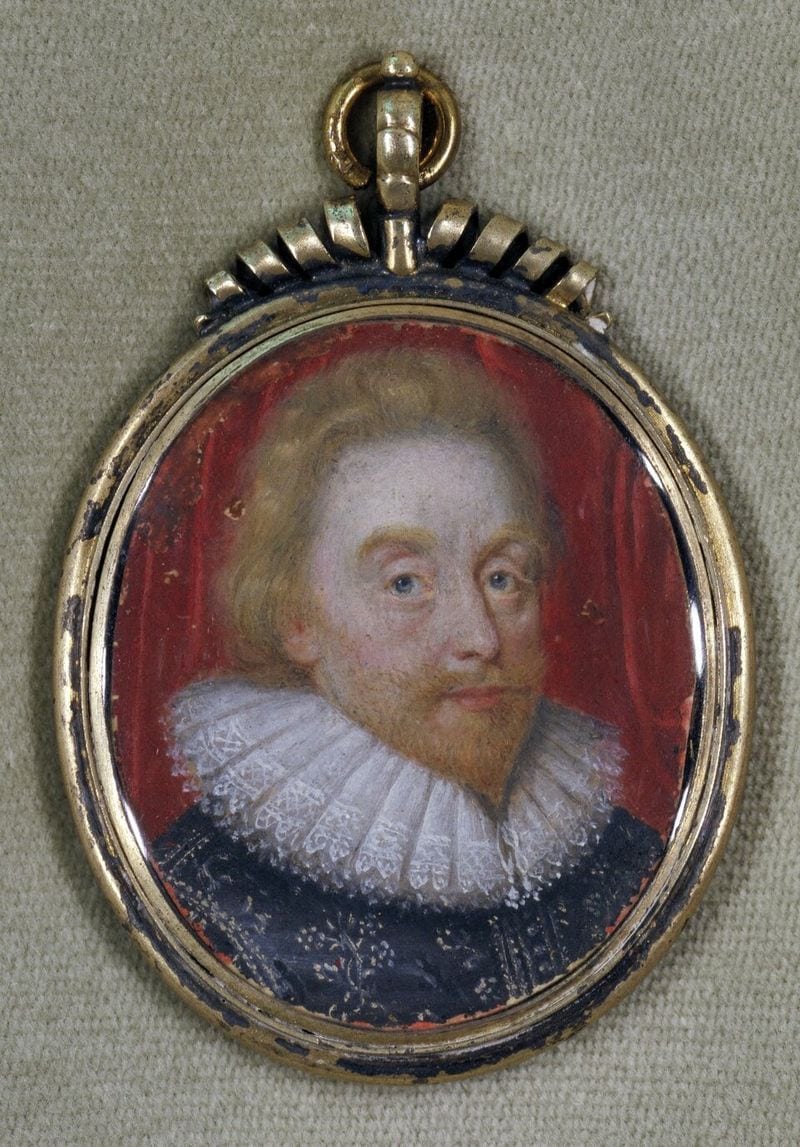
The same king who authorized the famous King James Bible also wrote a book about witchcraft and demons! King James I was terrified of witches and believed they had tried to assassinate him using storms and curses. His book Daemonologie, published in 1597, explained how to identify and prosecute witches.
James personally attended witch trials and interrogations, convinced that supernatural evil threatened his kingdom. His intense belief in witchcraft influenced the famous North Berwick witch trials in Scotland. Ironically, while he promoted biblical translation and education, his supernatural fears also fueled witch-hunt hysteria that destroyed innocent lives across Britain during his reign.
Emperor Ashoka of India
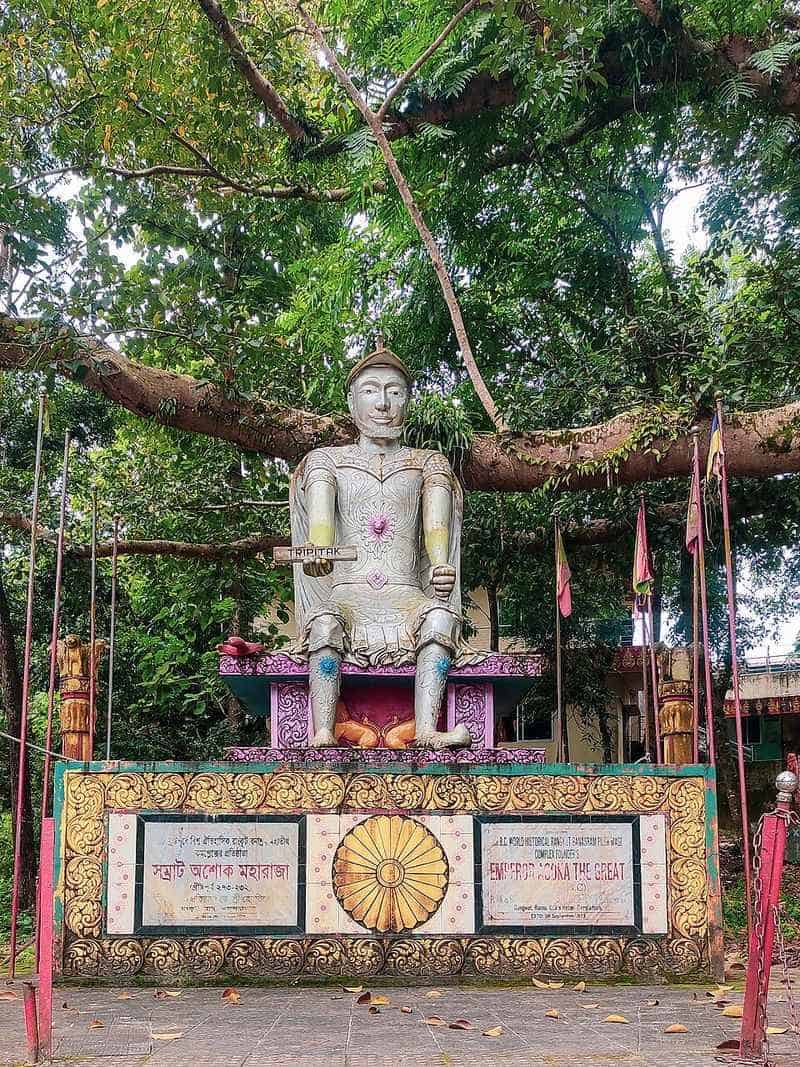
After witnessing the horrific bloodshed of the Kalinga War, Emperor Ashoka experienced a profound spiritual transformation that changed Indian history. He converted to Buddhism and began believing in karma, reincarnation, and supernatural consequences for moral actions. Ashoka claimed he could see the spiritual results of good and bad deeds through meditation and divine insight.
The emperor erected pillars across India inscribed with Buddhist teachings and moral laws he believed came from enlightened understanding. He practiced vegetarianism, banned animal sacrifices, and promoted nonviolence based on supernatural beliefs about the sacredness of all life. His mystical transformation turned him from a brutal conqueror into one of history’s most compassionate rulers.
Emperor Caligula of Rome
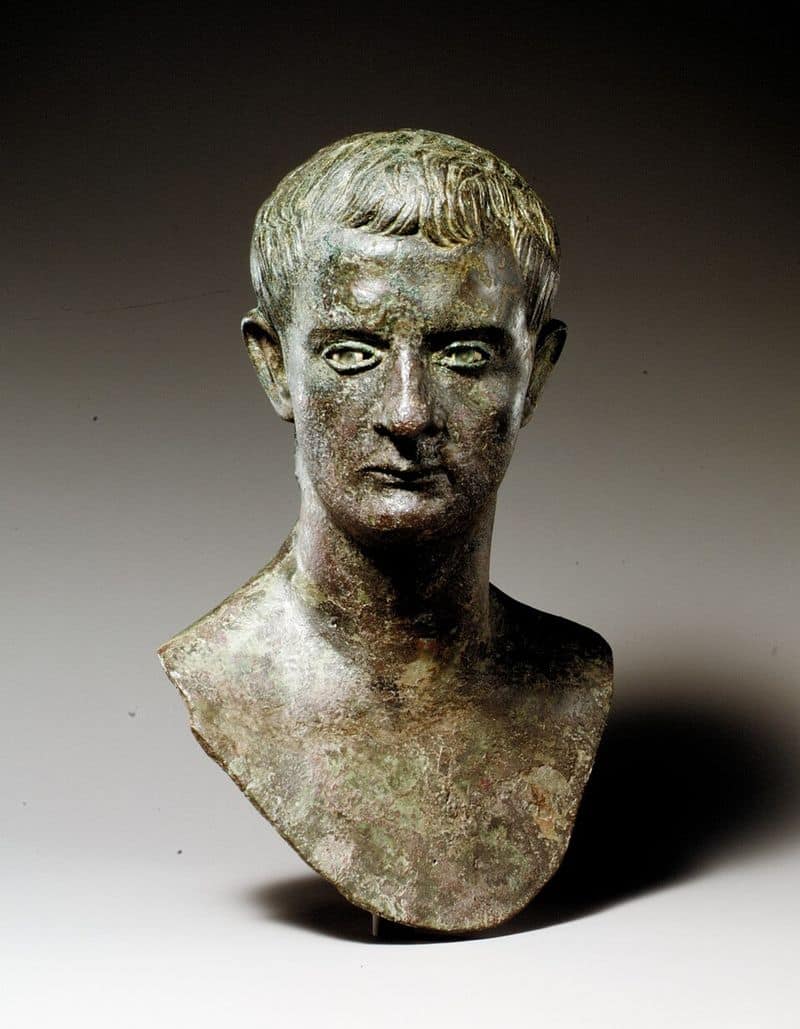
Caligula didn’t just believe in gods—he declared himself one! This notoriously insane Roman emperor claimed divine status and demanded worship from his subjects. He built a temple to himself, appointed his favorite horse as a priest, and supposedly had conversations with statues of gods whom he considered his equals.
Ancient historians reported that Caligula believed he possessed supernatural powers and could communicate directly with Jupiter and other deities. He wore costumes imitating various gods and forced senators to worship him through elaborate ceremonies. Whether his beliefs stemmed from genuine delusion, political strategy, or mental illness remains debated, but his supernatural claims shocked even ancient Romans accustomed to emperor worship.
King Louis XIV of France
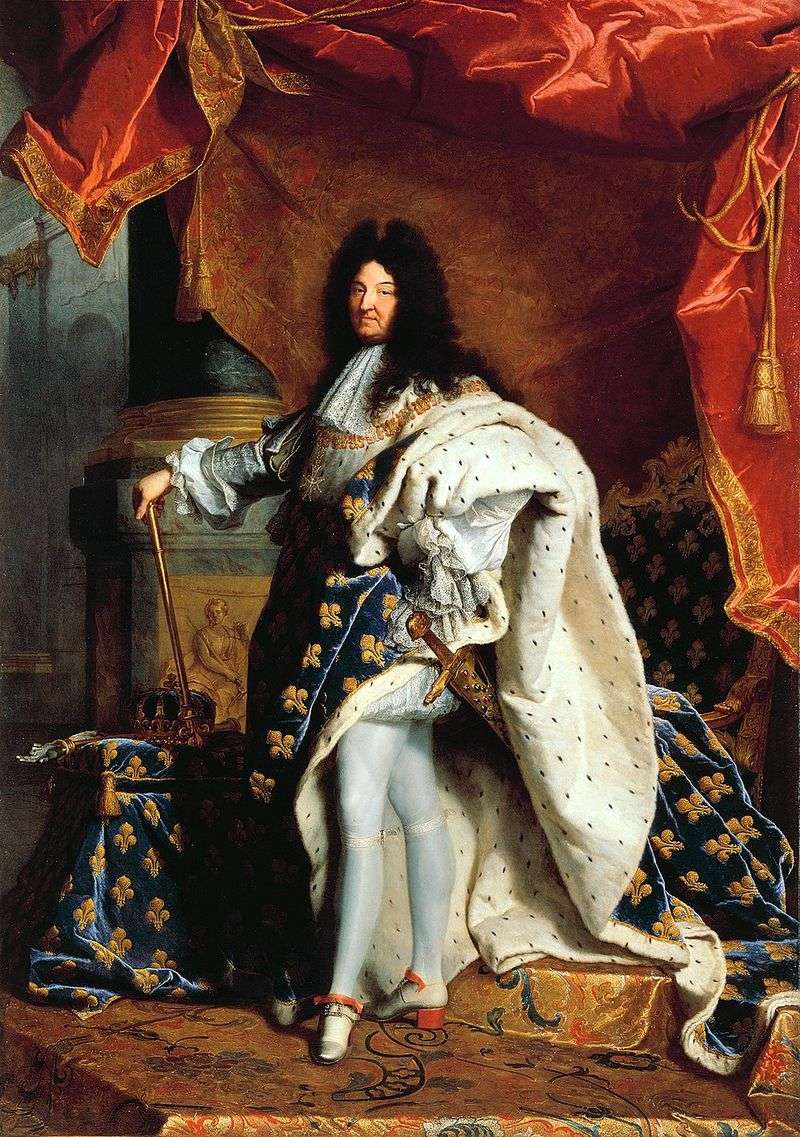
Called the Sun King, Louis XIV cultivated an image of himself as a semi-divine being chosen by God to rule France. He believed in the divine right of kings—the supernatural concept that God personally selected monarchs and gave them sacred authority. This wasn’t just political propaganda; Louis genuinely viewed his power as divinely ordained and mystically connected to heaven.
The elaborate rituals at Versailles treated the king’s daily activities like religious ceremonies, reinforcing his supernatural status. Louis consulted astrologers about favorable dates for important decisions and believed his touch could cure certain diseases. His reign demonstrated how supernatural beliefs about royal divinity could shape an entire nation’s culture and politics.
Emperor Montezuma II of the Aztecs
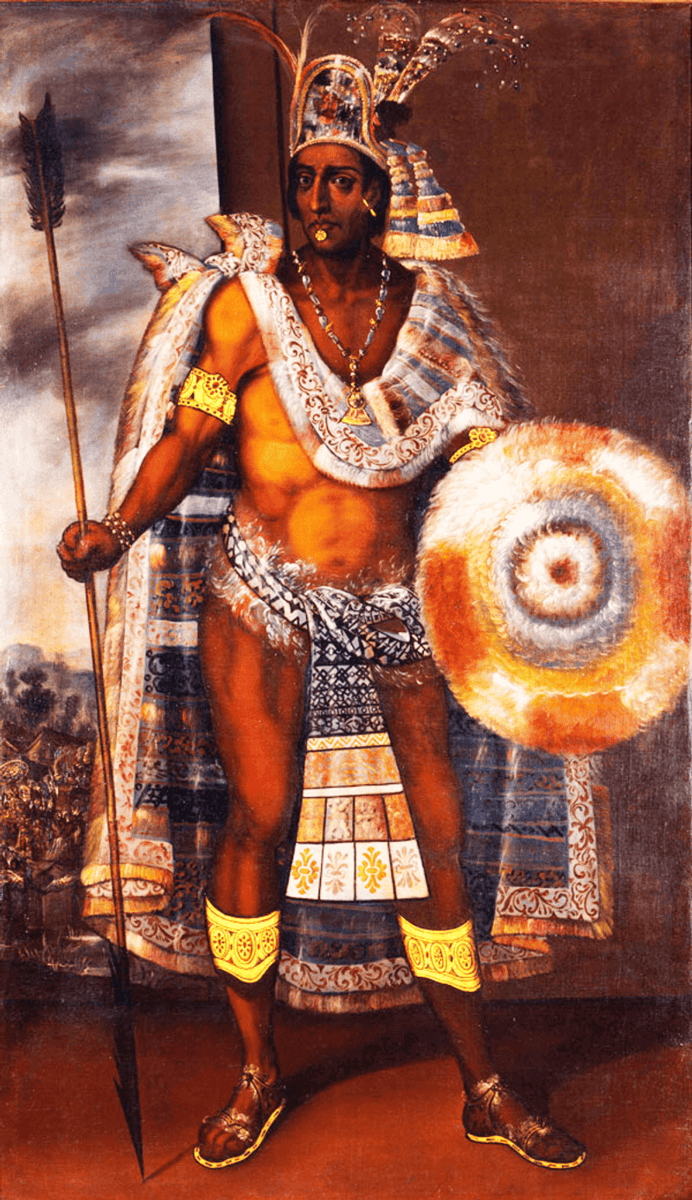
Prophecies and omens haunted Montezuma II’s reign, ultimately contributing to the Aztec Empire’s tragic fall. The emperor relied heavily on priests who interpreted supernatural signs through dreams, visions, and astronomical observations. When Spanish conquistadors arrived, Montezuma initially believed they might be gods returning as ancient prophecies predicted.
His faith in supernatural predictions paralyzed his military response to the Spanish invasion. Montezuma consulted sorcerers and magicians desperately seeking divine guidance about the mysterious foreigners. Strange omens—comets, temple fires, and disturbing visions—convinced him that the gods had abandoned the Aztecs. This supernatural worldview, combined with Cortés’s ruthless tactics, sealed the empire’s doom and changed world history forever.

